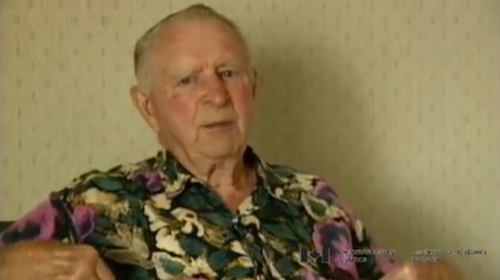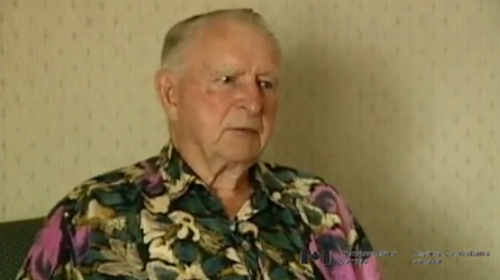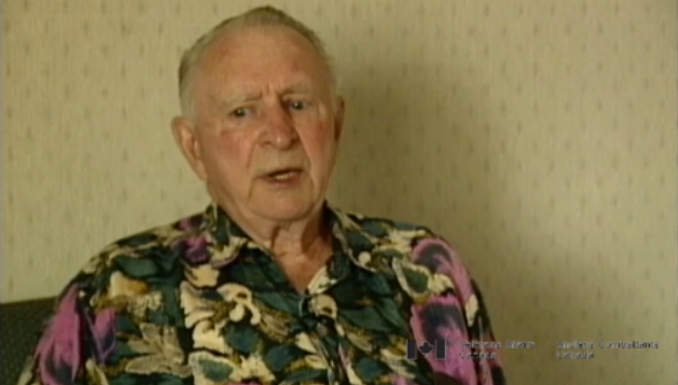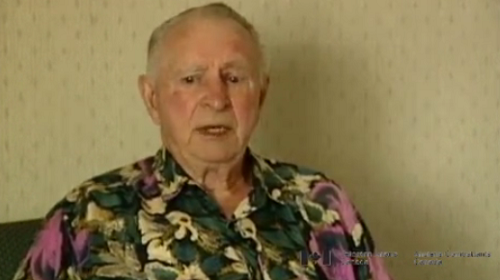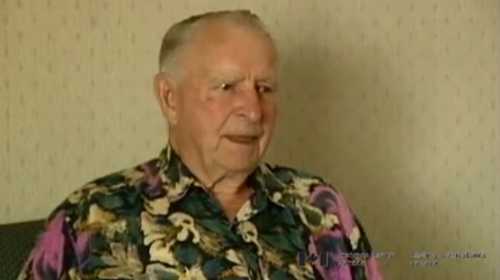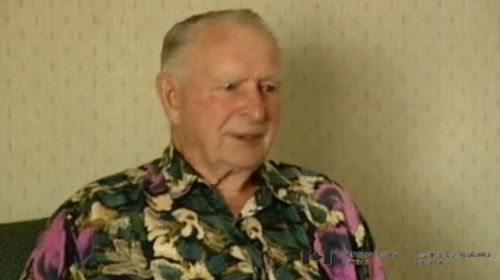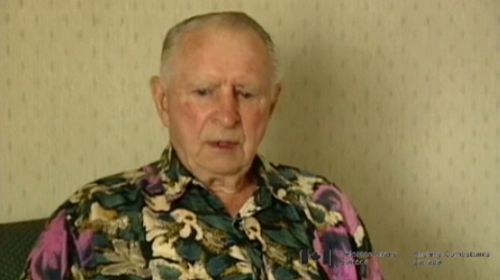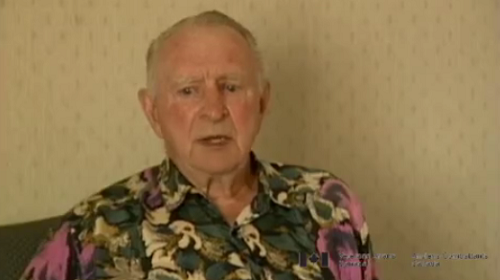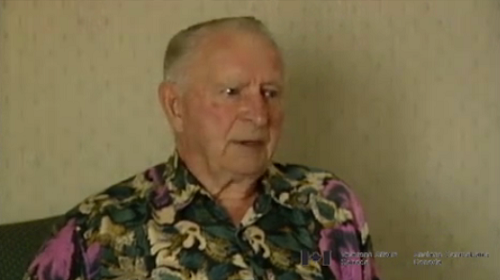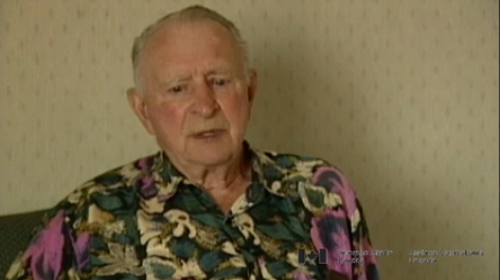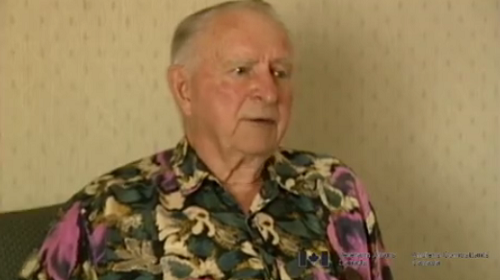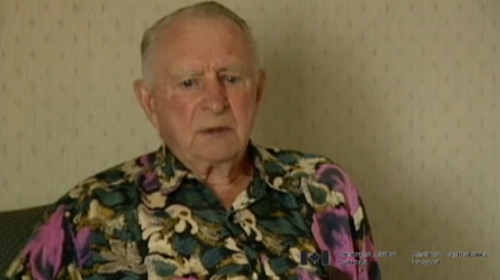Pigs and Tigers
Heroes Remember
Pigs and Tigers
The last few months we were there,
the Japanese commandant had
been raising a pig for pork using our rations.
So as soon as we found out the war was over,
that pig was doomed, of course.
So about two o’clock in the morning
there’s a heck of a squealing going on and
this old friend of mine that I had mentioned had
been cooking with me on the ship going up.
He knew how to butcher hogs because
he had been raised living on a farm.
So that hog got done in.
Everybody woke up in the middle of the
night and this squealing going on and
they butchered that hog and
boiled it up for breakfast.
Apparently the camp commandant
was madder than hell but there was nothing
he could do at that point.
Although about that day or a day or two later
we were getting some supplies because
the American Army were dropping stuff,
even their own these Grumman Hellcats
from a carrier fleet would come over and
they were a single person fighter so what
they had to do was they would tie the
packages on the butt of the wings and
the guy would come over low enough til he was
just clipping the tops of the pine trees because
no spare parachutes or anything and
he would have to open the hood of his aircraft,
put one foot out on the wing and
take his knife and cut the bindings and
let the packages fall down into the camp.
And we had parcels that hadn’t even been opened,
parcels from home to their own men -
Christmas cakes, all kinds of cigarettes,
stuff like that.
Related Videos
- Date modified:



